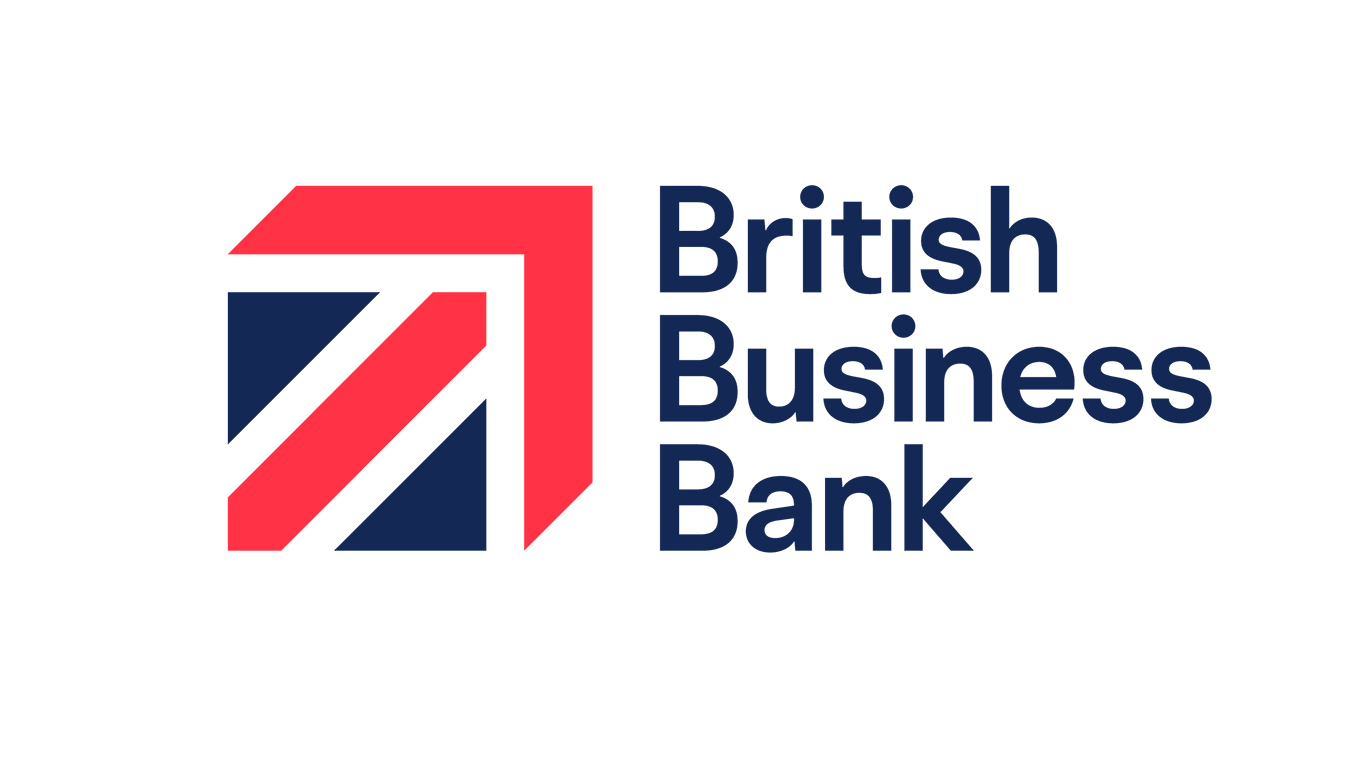M2 Capital Announces $21 Million Investment in AVAX...
- 15.10.2025 02:15 pm
Tabby Invests in NVIDIA HGX Systems to Power Advanced...
- 13.10.2025 11:10 am
NatWest Invests in JS Group to Enhance the Delivery...
- 08.10.2025 01:15 pm
FIS Launches Enhanced Private Capital Suite To Power...
- 23.09.2025 01:25 pm
BNP Paribas Securities Services Partners with...
- 23.09.2025 12:35 pm
4Syte Agrees Up to £100M Funding Facility From NatWest...
- 22.09.2025 11:55 am
Allianz X Announces Strategic Investment in Coterie...
- 15.09.2025 10:35 am
Finastra Enhances Fusion Invest for Annuities Market
- 15.09.2025 09:45 am
Profile Software Unveils Major Upgrade to Axia...
- 11.09.2025 11:05 am
Pipe Announces New Integration With Uber, Empowering...
- 11.09.2025 10:35 am
Kraken Completes Major Acquisition of Breakout to...
- 05.09.2025 10:25 am
Cyrannus Enhances Revolutionary VC Platform with...
- 27.08.2025 12:15 pm






















